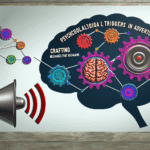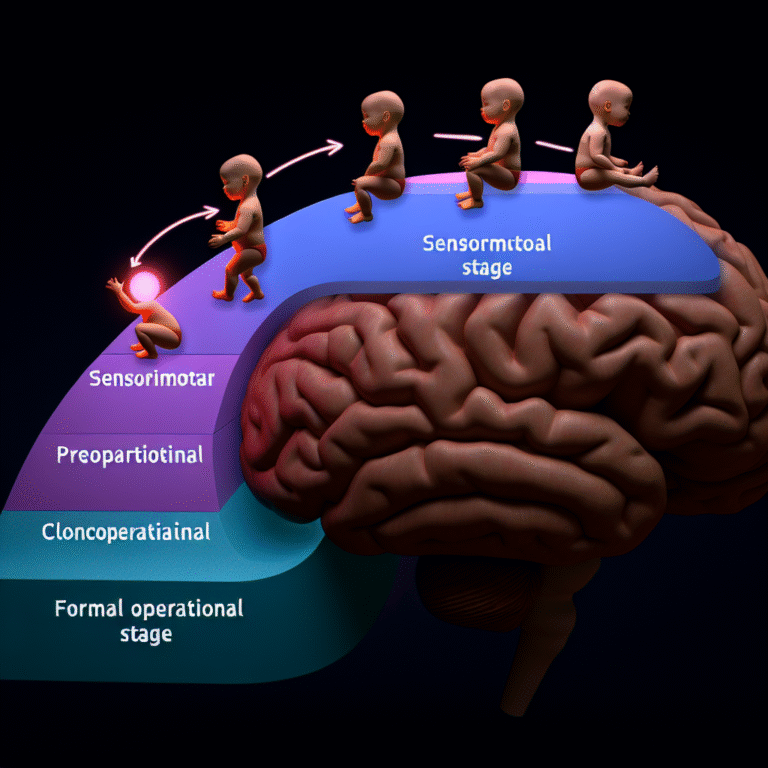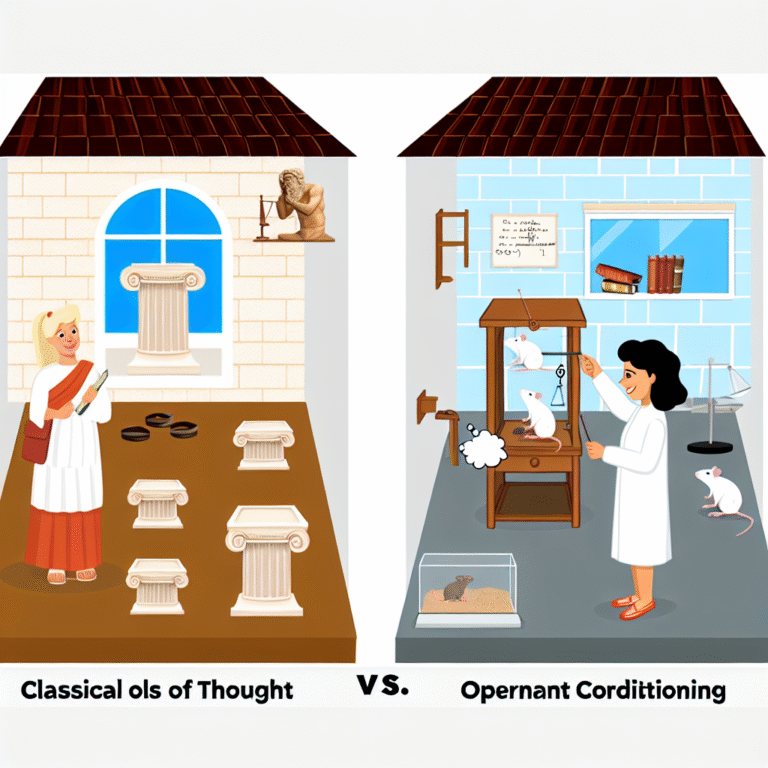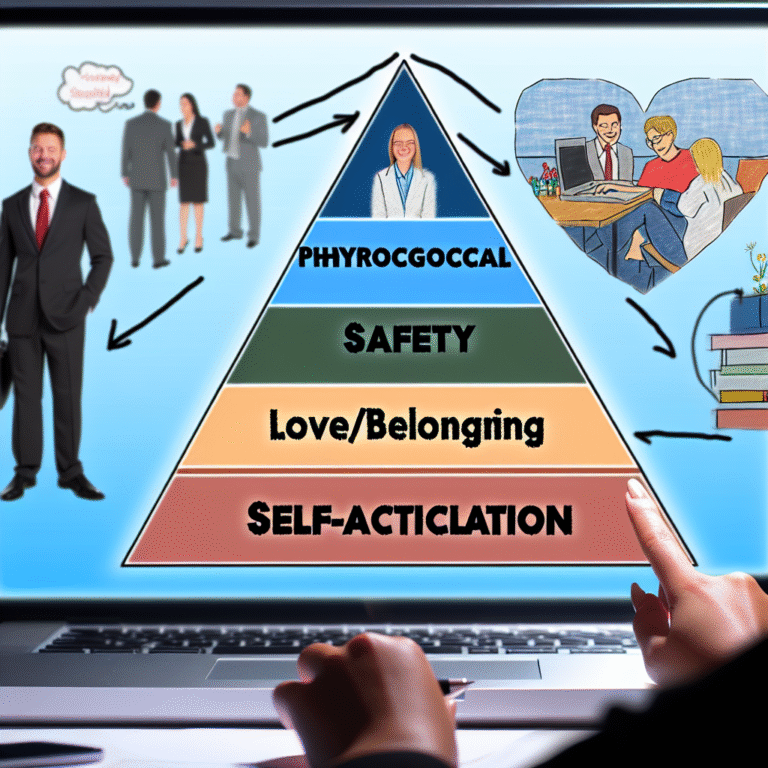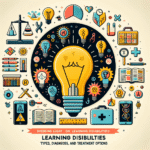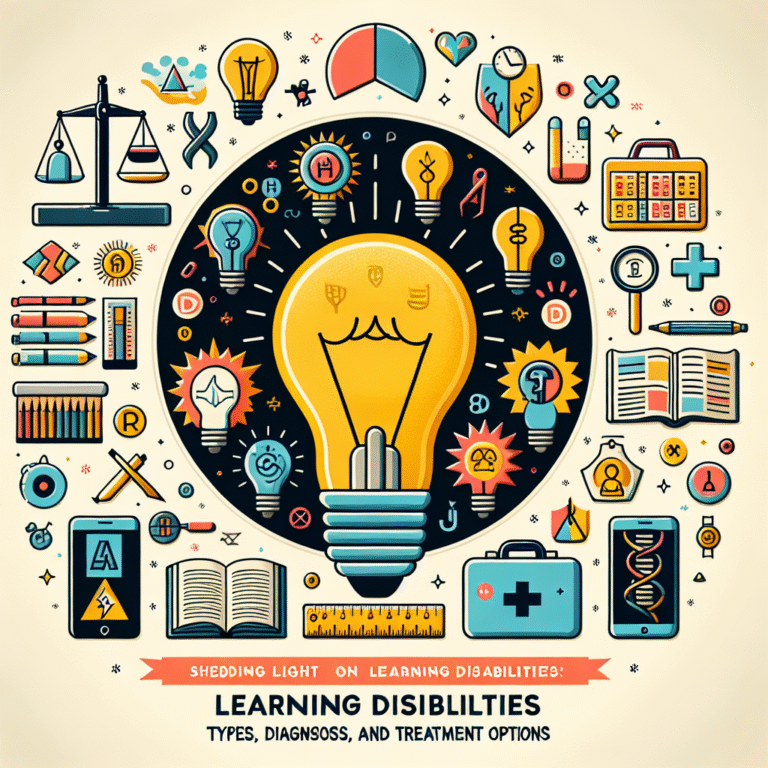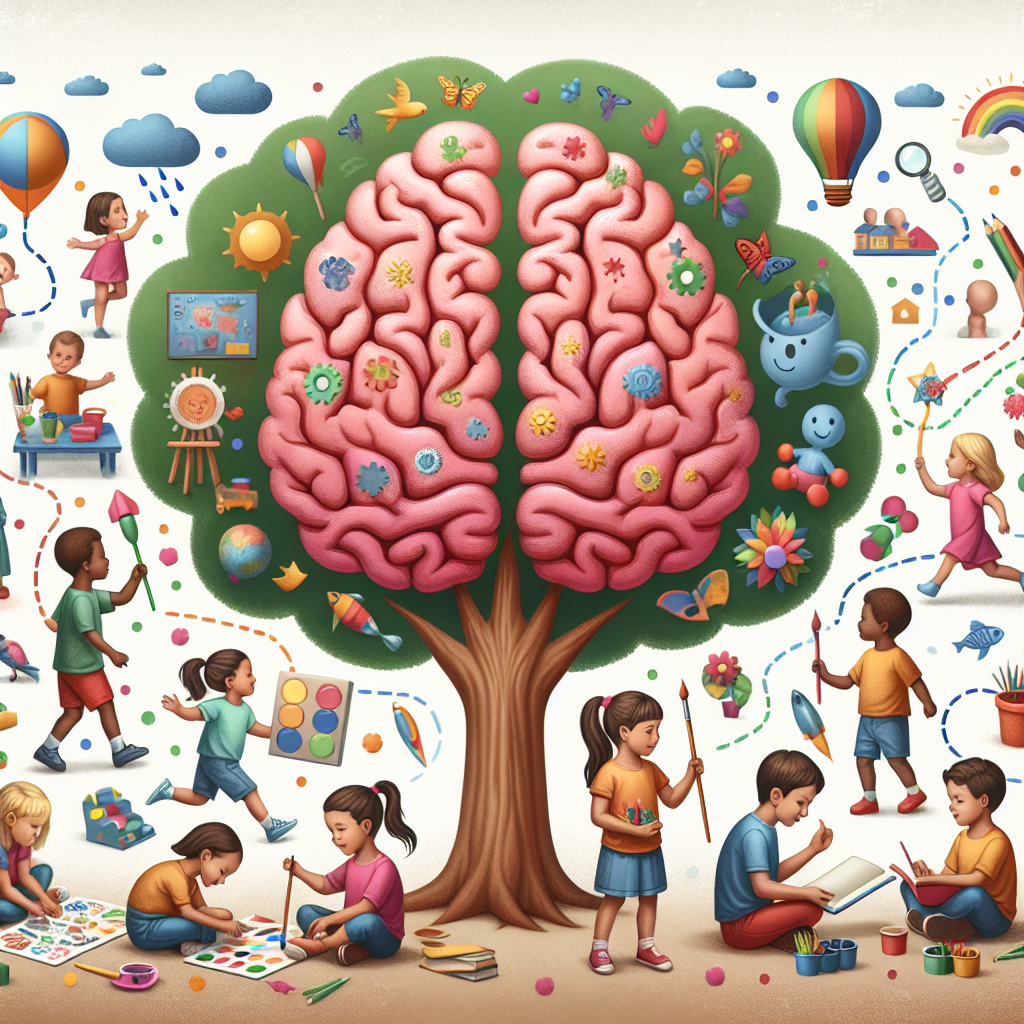
Growing Minds: How Childhood Experiences Shape Cognitive Development – The Ultimate Guide
Introduction
The foundation of our cognitive abilities is laid long before we set foot in a classroom or pick up a book. From the moment we are born, our minds are capable of remarkable growth and adaptability, significantly influenced by the experiences we encounter during childhood. This article, "Growing Minds: How Childhood Experiences Shape Cognitive Development," delves into the intricate relationship between early life experiences and cognitive growth, highlighting practical examples, real-world applications, and actionable insights that can shape our understanding of child development.
Imagine a child observing a parent solve a problem or a toddler discovering the world through play; these experiences are more than mere interactions—they are vital building blocks for cognitive development. The experiences a child encounters play a pivotal role in shaping how they think, learn, and process information throughout their lives. Join us on this exploration as we uncover the myriad ways that early experiences influence cognitive development, equipping parents, educators, and caregivers with the knowledge needed to foster growing minds.
Understanding Cognitive Development
Before diving into how childhood experiences influence cognitive development, it is crucial to understand what cognitive development means. According to developmental psychologist Jean Piaget, cognitive development is the process by which a child learns to think, reason, and understand the world around them. Cognitive development is not merely about accumulating knowledge; it encompasses problem-solving, critical thinking, and the ability to adapt to new situations.
The Stages of Cognitive Development
Piaget identified four key stages of cognitive development:
Sensorimotor Stage (0-2 years): In this stage, children learn about the world through their senses and actions. Experiential play (manipulating toys, exploring textures) lays the groundwork for cognitive development.
Preoperational Stage (2-7 years): At this stage, children develop language skills and begin to use symbols. Imaginative play is essential, as it allows them to explore different perspectives.
Concrete Operational Stage (7-11 years): Children begin to think logically about concrete events. They can classify objects and understand the concept of conservation, which involves recognizing that quantity doesn’t change even when its shape does.
- Formal Operational Stage (12 years and up): This stage is characterized by abstract and logical reasoning. Adolescents can form hypotheses and think critically about complex concepts.
Understanding these stages is critical when considering "Growing Minds: How Childhood Experiences Shape Cognitive Development." Each stage represents a unique opportunity for intervention and enrichment based on the experiences a child has.
The Role of Early Experiences in Cognitive Development
1. The Impact of Stimulating Environments
Strong cognitive development is often linked to stimulating environments. Research shows that children exposed to rich sensory experiences—such as music, art, nature, and interactive play—develop superior cognitive skills compared to those in less stimulating environments.
Case Study: The HighScope Perry Preschool Project
The HighScope Perry Preschool Project, initiated in the 1960s in Michigan, focused on providing underprivileged children with an enriched preschool environment. The program featured active participatory learning, where children engaged in activities that foster cognitive skills.
Analysis: This case study illustrates that comprehensive and stimulating early educational experiences can lead to better academic outcomes and improved cognitive functions later in life.
2. The Power of Play
Play is often touted as "the work of childhood," and for good reason. Play provides opportunities for children to experiment with their surroundings and enhances their problem-solving skills, creativity, and social interaction.
Case Study: The Role of Pretend Play
Research has shown that children who engage in pretend play develop better understanding of complex social situations, which enhances their cognitive flexibility. An experiment with preschoolers demonstrated that children who participated in regular imaginative play showed higher levels of executive function in later years.
Analysis: This reinforces the idea that "Growing Minds: How Childhood Experiences Shape Cognitive Development" is evidenced through everyday activities such as play, revealing the critical role of creativity in child development.
3. Language Exposure and Cognitive Growth
Language is a fundamental aspect of cognitive development. The more words a child hears, the greater the vocabulary and comprehension skills they will develop. Exposure to diverse vocabulary enhances cognitive skills and cognitive flexibility.
Case Study: The Hart and Risley Study
In the late 1980s, researchers Betty Hart and Todd Risley conducted a study tracking the language exposure of children from different socioeconomic backgrounds. They found that children from linguistically rich environments heard millions more words than their peers from less stimulating backgrounds.
Analysis: The outcomes highlighted the significance of verbal interactions in cognitive growth, supporting the notion that early language exposure significantly influences cognitive development, aligning perfectly with "Growing Minds: How Childhood Experiences Shape Cognitive Development."
4. The Influence of Attachment and Relationships
A secure attachment with caregivers can significantly influence cognitive development. Children with strong emotional support and stability from caregivers are more likely to explore their environment—a key to cognitive development.
Case Study: The Strange Situation Experiment
Mary Ainsworth’s Strange Situation Experiment demonstrated the impact of attachment styles on children’s behavior and stress response. Securely attached children exhibited greater exploration and curiosity, leading to better cognitive outcomes.
Analysis: The findings reflect the vital role of emotional security in "Growing Minds: How Childhood Experiences Shape Cognitive Development," emphasizing that healthy relationships enable children to flourish cognitively.
5. Socioeconomic Status and Cognitive Development
A child’s socioeconomic status (SES) can greatly affect the range of experiences available to them, which in turn affects cognitive development.
Case Study: The ABC Study
The Adolescent Brain Cognitive Development (ABCD) study examines the relationship between family income and adolescent brain development. It consistently finds that children from lower SES backgrounds demonstrate disparities in cognitive performance relative to their higher SES peers.
Analysis: The ABCD study underscores the importance of considering broader socioeconomic factors when discussing "Growing Minds: How Childhood Experiences Shape Cognitive Development," indicating a systemic approach may be needed for effective interventions.
Tables and Charts
Table 1: Cognitive Development Milestones by Age
| Age Range | Key Developments | Supportive Experiences |
|---|---|---|
| 0-2 years | Sensory exploration | Engaging play and sensory activities |
| 2-7 years | Language development | Storytelling and interactive discussions |
| 7-11 years | Logical reasoning | Problem-solving games |
| 12+ years | Abstract thinking and hypothesis formation | Advanced discussions and debates |
Chart 1: Effects of Play on Cognitive Development
The chart illustrates the correlation between types of play (imaginative, constructive, physical) and cognitive skill development (problem-solving, creativity, social skills), showing a clear positive relationship.Conclusion
The journey of "Growing Minds: How Childhood Experiences Shape Cognitive Development" is multifaceted, underscoring the immense influence that early life experiences have on our cognitive abilities. From stimulating environments to the power of play, language exposure, emotional attachments, and socioeconomic factors, each element weaves into the fabric of a child’s development.
As parents, caregivers, and educators, understanding these dynamics enables us to create enriched experiences that can foster a generation of strong, capable thinkers. The take-home message is to be intentional about the environments we provide for children, nurturing their innate potential through enriching experiences.
Call to Action
It is vital to remember that every child has the potential to grow into a remarkable individual. Take a moment to evaluate the ways you can enhance a child’s environment—whether through play, language, or emotional attachment. Your efforts to cultivate these experiences are not just supporting their cognitive growth; they are laying the groundwork for their future.
FAQs
1. How can I create a stimulating environment for my child?
Creating a stimulating environment involves providing varied sensory experiences through play, educational toys, nature exploration, and real-world interactions.
2. What role does play have in cognitive development?
Play fosters imagination, social skills, problem-solving abilities, and the capacity for abstract thinking, all of which are essential for cognitive growth.
3. How does language exposure affect cognitive skills?
Increased language exposure in early childhood leads to better language development, enhanced vocabulary, and improved communication skills, which contribute to overall cognitive abilities.
4. Why is attachment so important for cognitive development?
Secure attachments provide emotional stability, allowing children to explore their environments confidently. This exploration is crucial for learning and cognitive growth.
5. What can I do to support cognitive development in children from lower socioeconomic backgrounds?
Providing access to educational resources, engaging in regular verbal interactions, and encouraging participation in diverse activities can significantly support cognitive development in children from lower SES backgrounds.
By understanding the profound effects of early experiences, we can actively participate in shaping the future generation’s cognitive capabilities, nurturing their potential for a brighter tomorrow.

